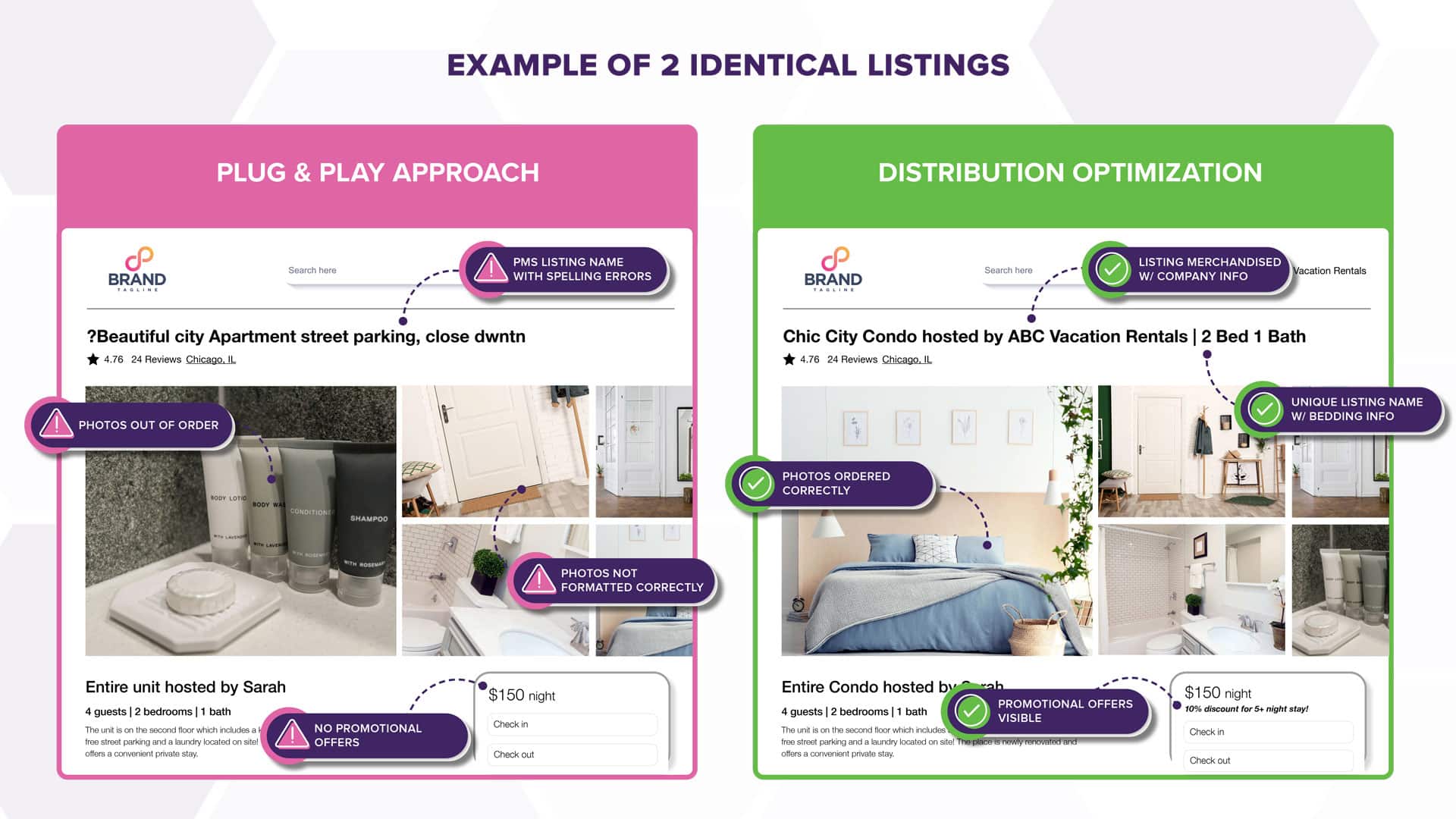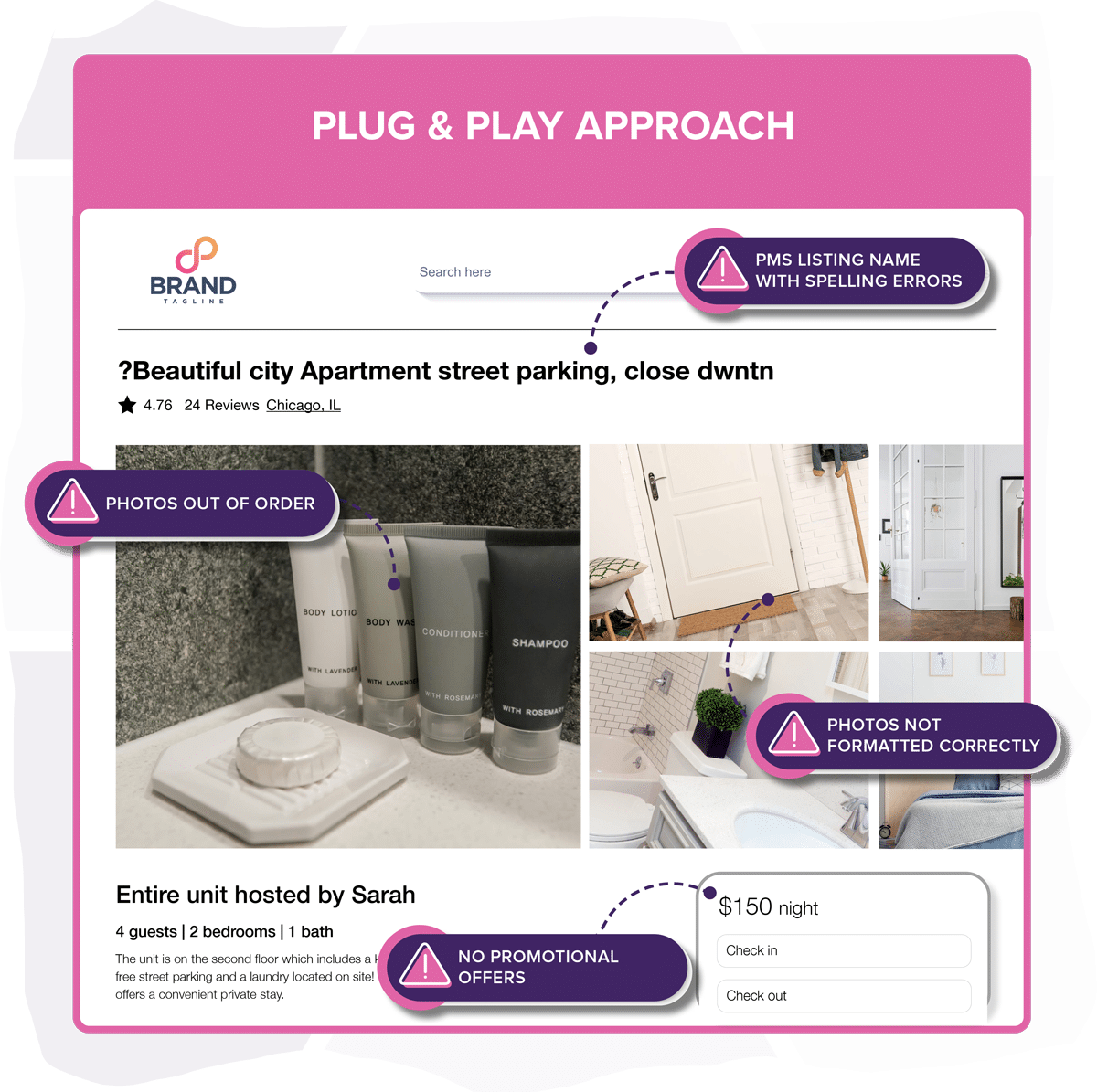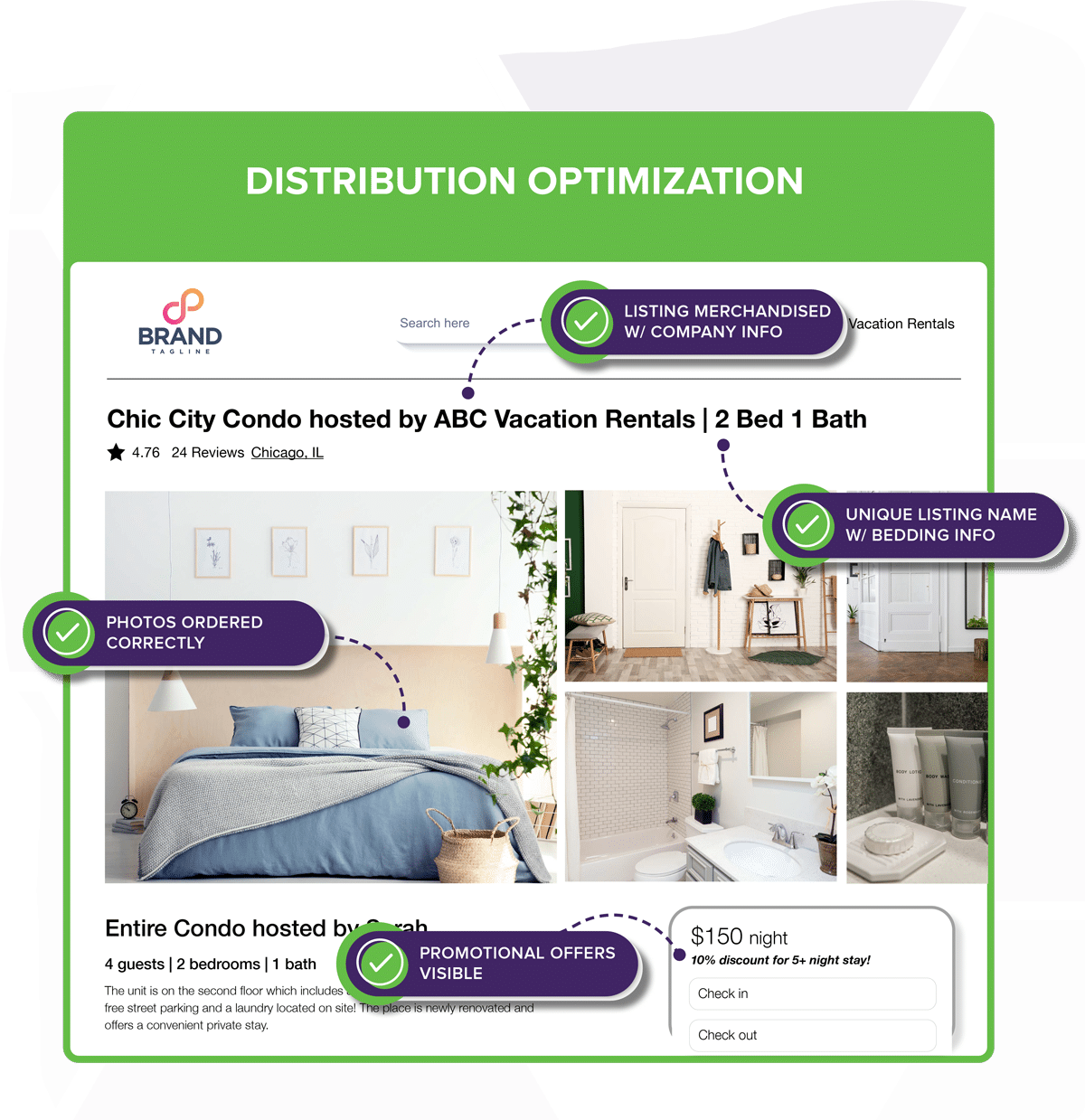5 Steps To Get Your Website Ready For 2021

Website trends are constantly changing, but one thing that has always been a high priority for hospitality property websites is making sure they provide a mobile-friendly experience. “60% of searches are done via mobile device.” Moving into 2021, mobile friendly websites will become the most influential factor in Google search rankings as they are rolling out mobile-first indexing for the entire web. So what does this mean for your website? Google will now base its indexes and also your search ranking on the mobile version of your website, not your desktop version. If you have had a website refresh on your to do list, now is the perfect time to start. You don’t want to miss out on lost bookings if your website performs poorly on mobile devices. In this blog post, we are going to lay out 5 steps to conduct a mobile audit of your website and get you prepared for the coming year.
Step 1: Examine Your Website’s Mobile Design
There are a few factors you will want to look for when you examine the mobile design of your website. You will want to make sure your design helps users focus on the content that they desire and make sure that it is accessible in a clear format. Another factor you will want to look at is if your website adjusts to different devices. You can check your mobile web design using Google’s free tool.
Step 2: Analyze Content
Quality content is the most valuable asset you have on your website. It helps you retain existing users and attract new ones. While conducting an audit, you must check your content and improve it if necessary. Here is a quick check list of content that you will want to analyze.
- Images
- Pages
- Statistics
- Blog Posts
- Videos
- Landing Pages
You will want to audit this for SEO, spelling errors, relevance, and engagement. Lastly, make sure content that is available on desktop version is also optimized for mobile.
Step 3: Optimize Your Keywords For Mobile
One of the ways to reexamine your mobile SEO strategy is to conduct mobile keyword research and optimize your pages accordingly. Short and sweet is the key as we move into this technological and mobile era. Keep your pages optimized for not more than 2-3 words.
Step 4: Analyze Speed
With competition all around, you do not want your visitors to have to wait for your site to load. Pages with a longer load time will have a higher bounce rate and will lower the average time your visitors spend on your page. Longer load times have also been shown to negatively affect booking conversions. According to Neil Patel, if your site takes more than three seconds to load, you lose 75% of your potential readers. You can check your site’s loading speed using the Google Page Speed tool.
Step 5: User Experience
Improving user experience is crucial to achieving success in the optimization and promotion of your website. When a guest goes to your website, what is their first impression? Do you have an easy navigation that will bring them through the direct booking process? A good way to audit this is by checking your Google Analytics account and seeing where users start on your website, and where they are leaving.
Your website will continue to be a work in progress, but moving into 2021, we hope we have provided you with key takeaways to keep your traffic high and searches up. If you need help with optimizing your website, we would be happy to get you in touch with our Digital Marketing Experts for a free consultation.










